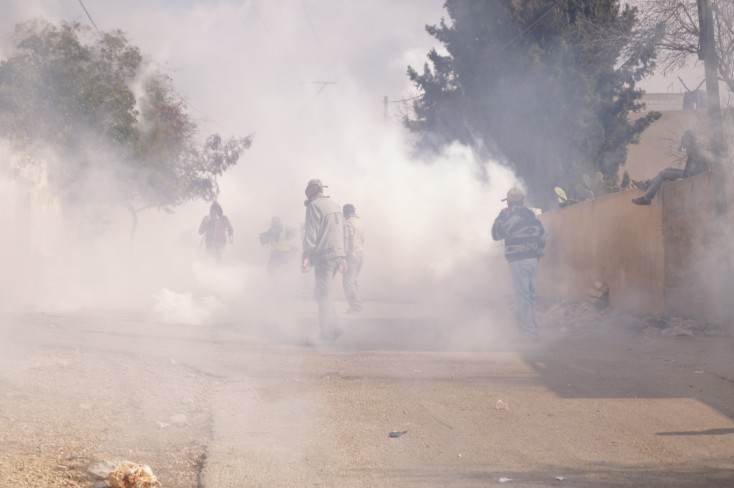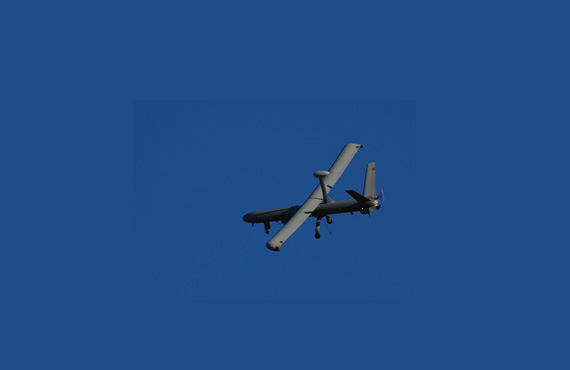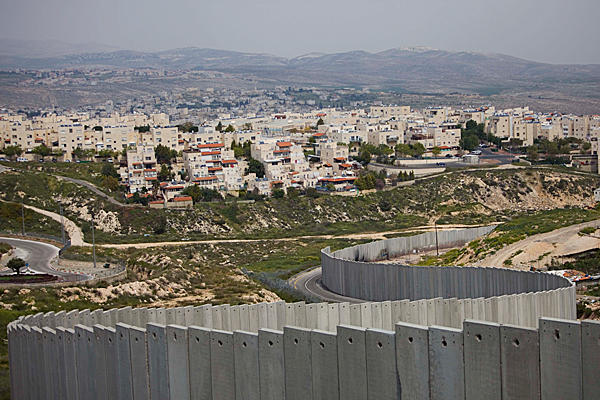-
Weekly protest at Kafr Qaddum met with exceptional violence
24th January 2014 | International Solidarity Movement, Nablus Team | Kafr Qaddum, Occupied Palestine On Friday 24th January, 2014, the weekly demonstration in Kafr Qaddum, in the Qalqilya district, was repressed by excessive force, to a much greater extent than on most Fridays. By 11:00 a.m., clashes had already broken out between local youths and Israeli soldiers […]
-
Gaza: Life beneath the drones
25th January 2014 | Corporate Watch, Tom Anderson and Therezia Cooper | Gaza, Occupied Palestine In the Gaza Strip there is no escape from Israel’s drones. Nicknameed ‘zenana’by Palestinians because of their noisy buzzing, the drones (remote control aircraft) are omnipresent. Sometimes they are there to carry out an extra judicial killing and sometimes they are there […]
-
Firms active in the settlements are facilitating abuses of human rights – UN report says
24th January 2014 | European Coordination of Committees and Associations for Palestine | Brussels, Belgium The UN report is the result of a mission investigating Israeli settlements in the West Bank, including East Jerusalem. Information gathered by the mission shows that private firms have enabled, facilitated and profited, directly and indirectly, from the construction and growth of the […]
Action Alert An Nabi Saleh Apartheid Wall Arrests BDS Bethlehem Bil'in Cast Lead Demonstration Denial of Entry Ethnic Cleansing Farmers Gaza Global Actions Hebron House Demolition International law Israeli Army Jerusalem Live Ammunition Nablus Ni'lin Prisoner Ramallah Rubber-coated steel bullets Settlement Settlers Settler violence Tear-Gas Canister Video



